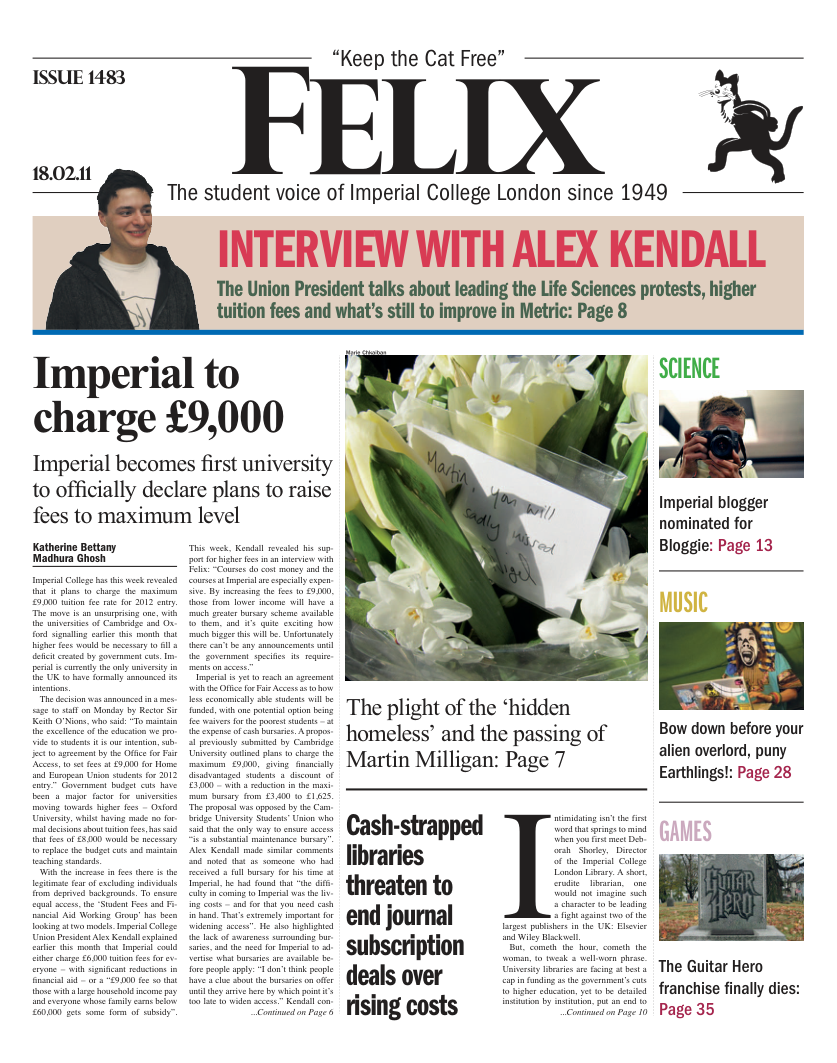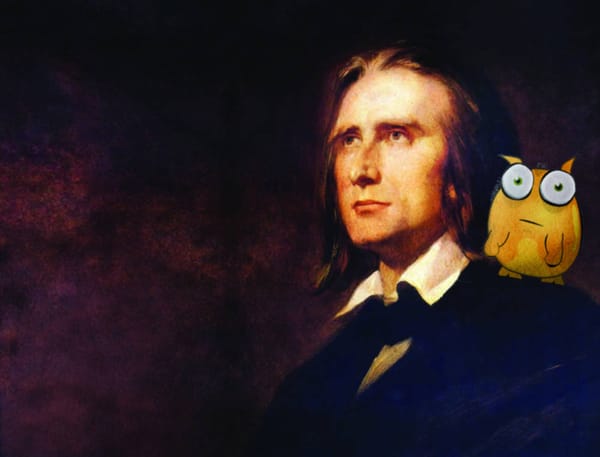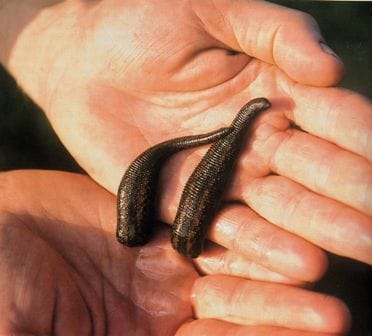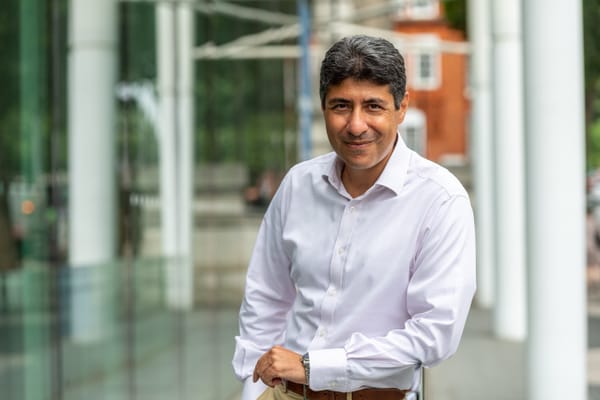The state of academic blogging at Imperial
Who's blogging at Imperial?

Imperial's David Robertson might be up for a Bloggie, but what about the rest of us? It might not be something you've thought about, but science blogging is an activity that could be worth considering. And with funding tighter than ever, it might be time to start fleshing out that CV and publications list with some extras.
A blog may seem like an attractive option. You get to share some of your interest in science with the wider world, connect with other scientists, and (most importantly) it can be done from the comfort of your sofa. If you get good you may even be given the opportunity to join one of the many new, emerging networks of science blogs run by more traditional media outlets like the Guardian or Wired Magazine. But it may be worth thinking twice before registering that domain name.
As a student, blogging can be a good way to make sure you've really learnt the material. As an academic, it can be a way to make new connections and explore areas of science outside your almost certainly narrow specialism. But there are some pitfalls, and you need to make sure you don't fall into them.
Professor Henry Rzepa, of the Chemistry Department at Imperial, started his blog three years ago and treats it as a "research notebook". Some of his blog posts have even turned into research projects, which in turn have been published in high profile peer review journals.
Funding agencies want to have their cake and eat it too; the ideal is for [blogging] to be a high quality hobby Professor Andrew Jaffe
Rzepa sees his blog as part of his 'brand' as a scientist, although stresses that he tries to keep it quite light-hearted and entertaining, writing in a style that is very different to a traditional scientific paper. It's also given him a chance to "hop across subject bounds" into areas he wouldn't have otherwise considered.
However, Rzepa was already an established name within the research community when he started blogging. For a younger scientist, forever chasing positions and funding, he admits that the story might be a little different.
You need to strike a balance: blogs often have a personal slant, and tend to feel much less formal than more traditional media. But it's possible to go too far. It's generally not a good idea to use your blog to complain about your lab mates or latest experimental failure. As a young scientist, you never know who you might need to depend on for help as you scale the academic career ladder, or who might look at your blog in future years when you're applying for jobs. Rzepa says he never publishes anything on his blog that can't be backed up with evidence.
As long as you can refrain from ranting, the benefits can be worth the time. And it will be your own time you spend on it.
Professor Andrew Jaffe, of the Physics Department at Imperial, said that a blog is generally seen in a positive light, but only if it's done after hours and doesn't take away significantly from real research. "Funding agencies want to have their cake and eat it too; the ideal is for [blogging] to be a high quality hobby".
Jaffe believes, and I'm sure most scientists would agree, that quality and quantity of research is the most important thing for a scientist early on in their career. As time goes on, and you've gained approval from your peers, there may be more time to spend on "extras" such as blogs and other outreach.
So, blogs can be rewarding if you do them right. They can lead to new research interests and collaborations, or even just be an outlet for writing talent that isn't fulfilled by writing those endless academic papers. But if you're just looking for somewhere to rant, you'll need to find a good pseudonym.







